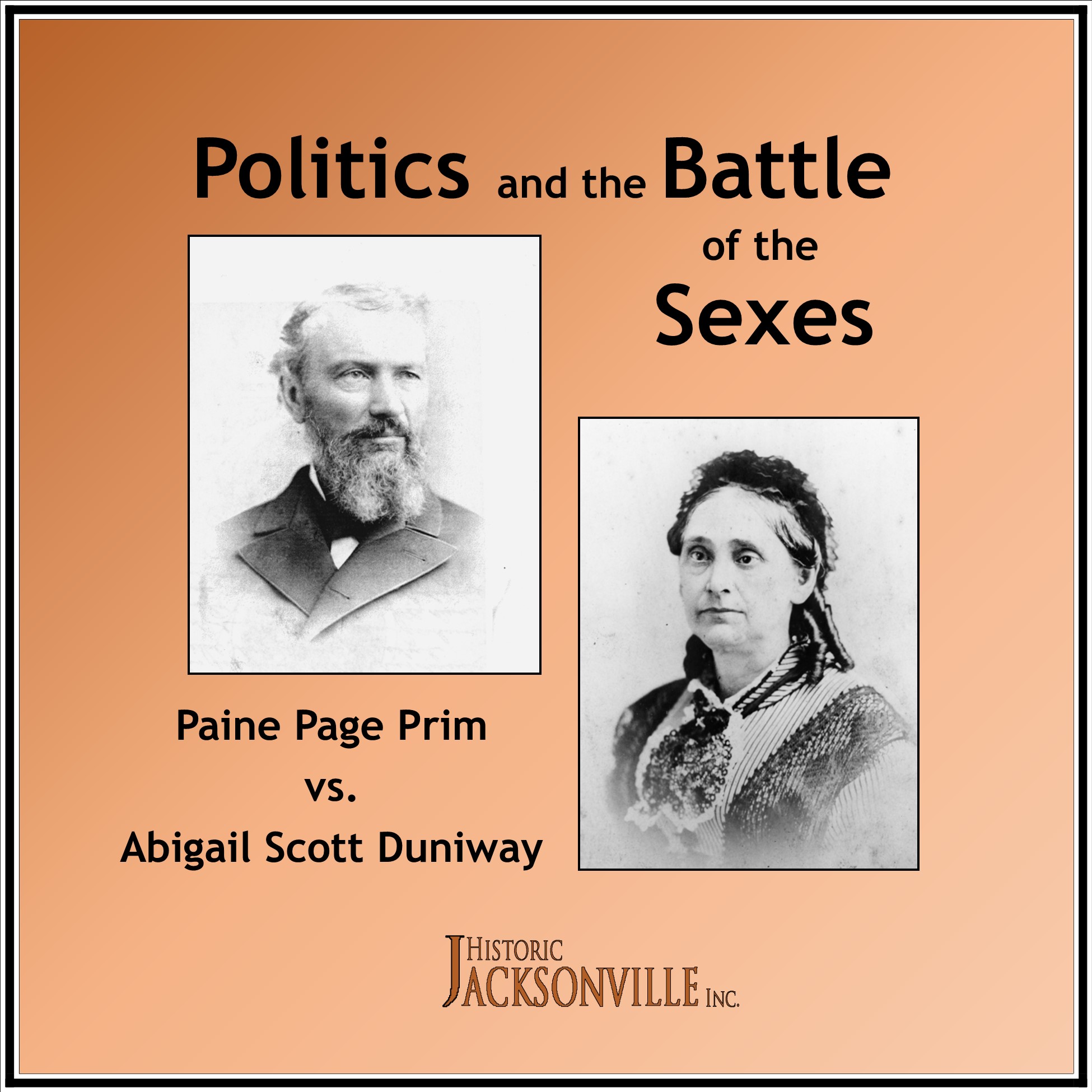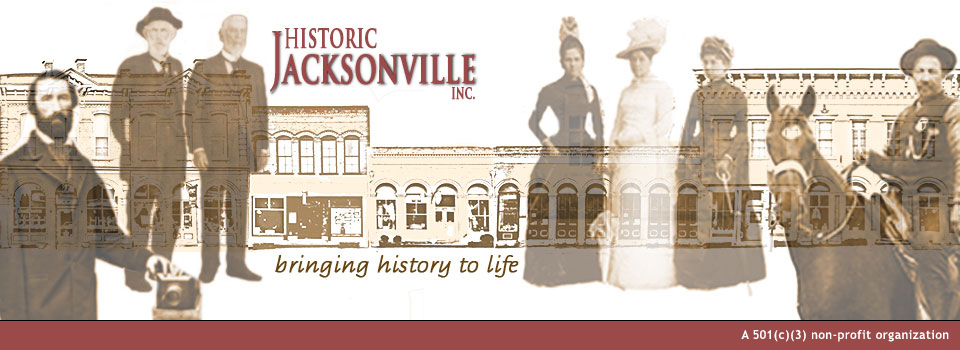
November 10, 2020
Jacksonville residents are usually so civil that we can’t imagine men “egging” a lady and burning her in effigy, but that was the case when Abigail Scott Duniway campaigned for women’s suffrage in Jacksonville in 1879. Her offense was unearthing the past marital difficulties of one of the town’s most prominent citizens, Judge Paine Page Prim. She wrote scathingly in her newspaper, the New Northwest about Judge Prim having abandoned his wife, even though he and his wife had reconciled years before. The editor of the Democratic Times wrote: “If these are the teachings of woman suffrage, it should be prohibited by statute.” Prim in turn prevented her from speaking at the region’s Fourth of July celebration.
Duniway admitted in her autobiography, Path Breaking, that she was partly to blame for the incident, but dismissed the Jacksonville men as “old miners, or refugees from the bush-whacking regions of Missouri, whence they had been driven by the exigencies growing out of the Civil War.” But she also presented a more forgiving face writing that Jacksonville had become the “center of a large degree of Equal Suffrage sentiment.” Aside from her one unfortunate experience, she said she was always made to feel at home here.
And Abigail eventually won the “battle of the sexes.” After five previous attempts, Oregon gave women the vote on November 12, 1912, the 9th state to do so, and 8 years prior to the passage of the 19th Amendment.
“Like” Historic Jacksonville, Inc. (historicjville) on Facebook, follow us on Instagram (historicjacksonville) and enjoy weekly Jacksonville history trivia. Explore a treasure trove of Jacksonville history on our website at www.historicjacksonville.org.
#nationalhistoricdistrict #oregonhistory #goldminingtown #jacksonvilleoregon #historicjacksonville #historiclocation #history #historicbuildings #voting rights #abigailscottduniway #women’ssuffrage #suffrag
